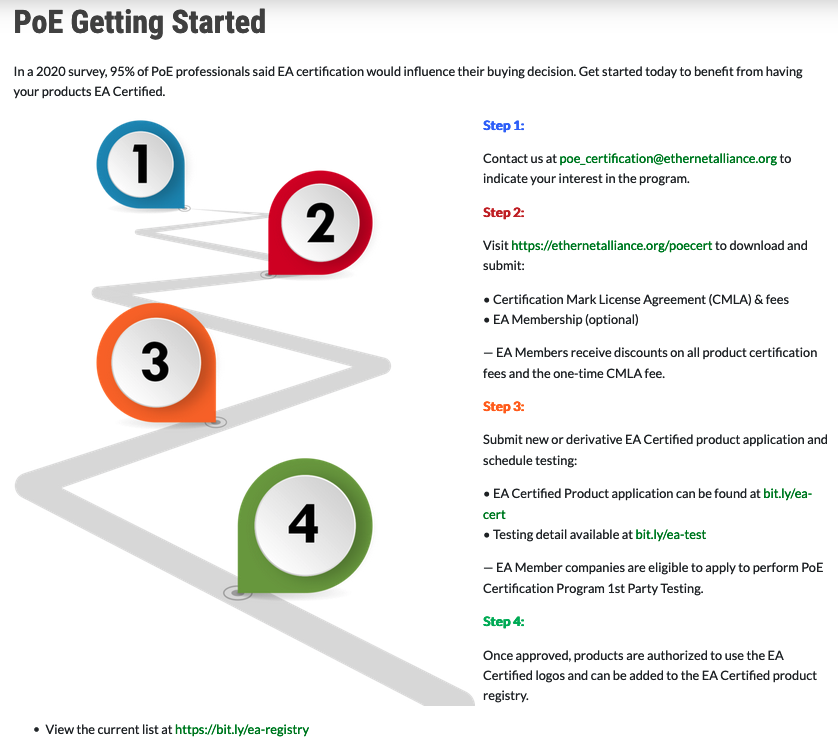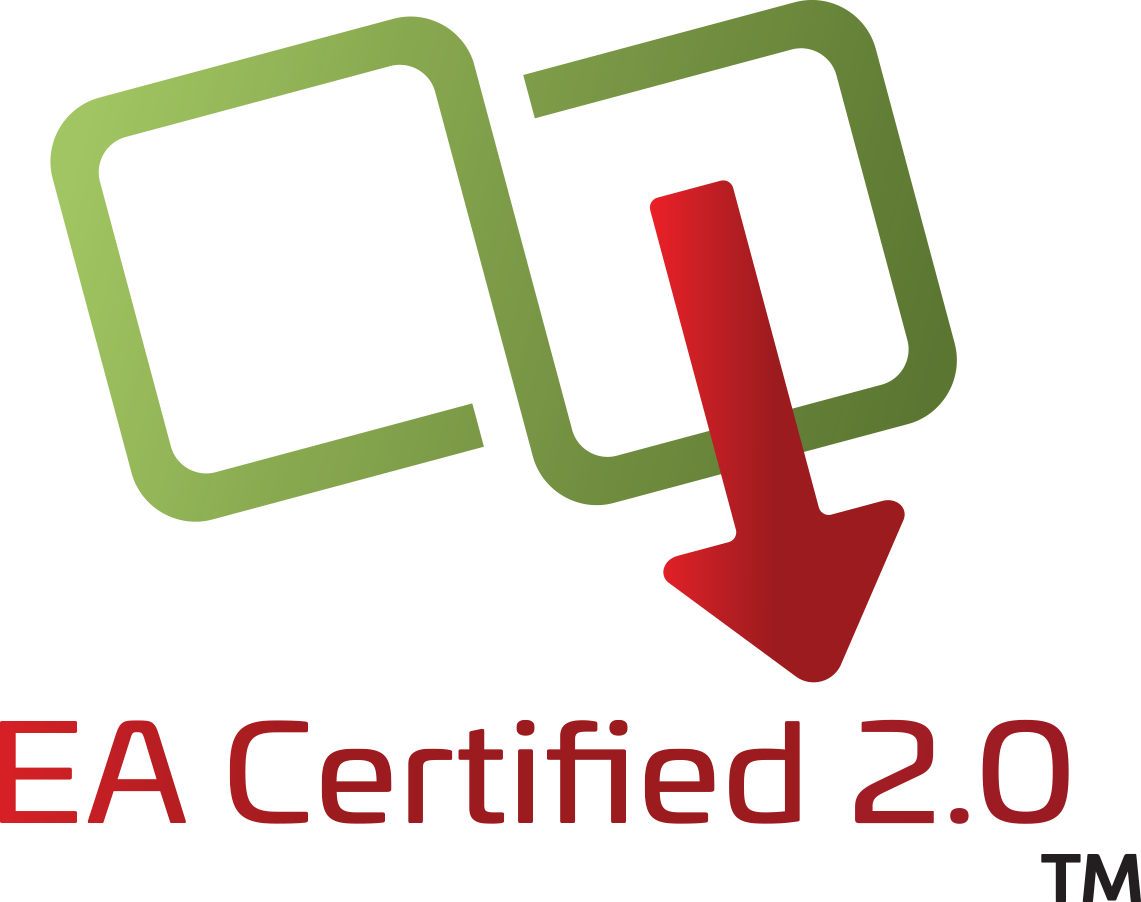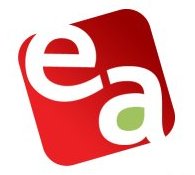Why third-party certification is more meaningful than self-declaration

Safety, security and sustainability standards are typically developed through a consensus-driven process that includes industry experts from around the world for a reason. Compliance with these standards is a way to demonstrate a commitment to safety that consumers demand. Functional safety, cybersecurity and support of marketing claims are critical to a product’s launch and continued success in the marketplace. However, can system and component vendors, industry experts, and university and government professionals rely on a manufacturer’s own statement of compliance with these standards? Especially in an ecosystem in which multiple products interact and are interdependent on each other to operate properly, having an independent third party certify that the product complies with standards can be reassuring.
The implications of false claims
When a manufacturer’s product doesn’t quite meet marketing’s claims, it often has a noticeable impact. Some 82% of purchasers conduct internet research before making buying decisions.[1] According to Lee Resource, for every one customer that complains, 26 more dissatisfied customers remain silent.[2] So, it stands to reason that even when a product works for 95% of users, manufacturers must still address that remaining 5%. Having third-party verification that products meet the minimum standards requirements for avoiding interoperability issues can win over even skeptical buyers.
Self-declared compliance statements should always be vetted. Even reputable manufacturers can be challenged when it come to remaining compliant with standards that are continually being refined to account for new technologies and changing regulations. Manufacturers should be free to make safe, reliable products, rather than having to stay abreast of the latest certification trends, industry growth, and international standards. It’s far more efficient and effective to leave that job to independent, impartial third-party certification organizations.
The benefits of a trusted partner
When choosing a third-party certification partner, manufacturers should look for one that end users trust, participates in the development of applicable standards within various industry working groups and has a worldwide presence that can bring local competence here various global markets.
 Many end users look for certification marks on products, especially electronics, before making a purchase. A majority of retailers, 84%, consider third-party testing, certification and verification extremely important when purchasing inventory. Similarly, a high percentage of consumers trust independent, third-party certification organizations to verify product claims. Partnering with a third-party to certify your products opens doors to new sales, increases your chances of fostering customer loyalty, and can help reduce the costs associated with product returns and call center operations.
Many end users look for certification marks on products, especially electronics, before making a purchase. A majority of retailers, 84%, consider third-party testing, certification and verification extremely important when purchasing inventory. Similarly, a high percentage of consumers trust independent, third-party certification organizations to verify product claims. Partnering with a third-party to certify your products opens doors to new sales, increases your chances of fostering customer loyalty, and can help reduce the costs associated with product returns and call center operations.
The cooperation of UL and the Ethernet Alliance demonstrates how third-party certification companies are a reliable resource for updated standards knowledge. UL has been authorized by the Ethernet Alliance to conduct Power over Ethernet (PoE) certification testing in UL’s Taipei laboratory. UL’s Ethernet Alliance PoE Certification program helps power sourcing equipment (PSE) and powered device (PD) manufacturers demonstrate their compliance with IEEE 802.3 standards by providing certification testing relating to the performance and interoperability attributes of their products.
PoE allows devices to provide and utilize power over communication cables. PoE is used by PSE, such as switches and midspans, to provide power to PDs including wireless access points, phones, cameras, speakers, LED lighting, and a variety of other edge and remote devices. Supporting the Ethernet Alliance PoE Certification program is a natural extension of UL’s safety and performance testing services for the telecommunications industry. We look forward to working with the Ethernet Alliance and leveraging our scientific expertise to help them continue to build a strong ecosystem of compliant and interoperable PoE devices.
Read our article: UL Lab Approved by Ethernet Alliance for PoE Certification Testing to learn more about how UL and third-party certification partners can help accelerate time to market and assist with customer loyalty within the PoE sector.
About UL
UL is the global safety science leader. We deliver testing, inspection and certification (TIC), training and advisory services, risk management solutions and essential business insights to help our customers, based in more than 100 countries, achieve their safety, security and sustainability goals. Our deep knowledge of products and intelligence across supply chains make us the partner of choice for customers with complex challenges. Discover more at UL.com.
[1] https://review42.com/resources/online-reviews-statistics
[2] https://www.business2community.com/customer-experience/how-to-seek-out-customer-complaints-to-support-growth-02315008





